Publications
Articles, publications, books, tools and multimedia features from the U.S. Institute of Peace provide the latest news, analysis, research findings, practitioner guides and reports, all related to the conflict zones and issues that are at the center of the Institute’s work to prevent and reduce violent conflict.
Question And Answer
Amid a Changing Global Order, NATO Looks East
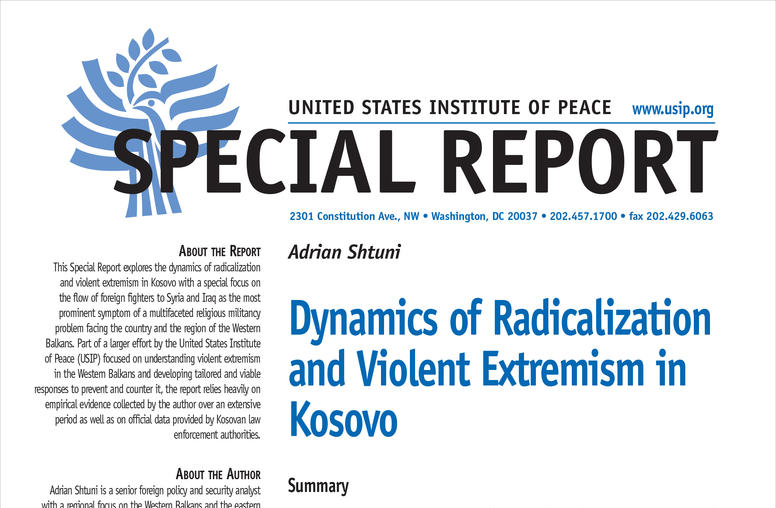
Dynamics of Radicalization and Violent Extremism in Kosovo
Relying in large part on primary empirical evidence, this report explores the dynamics of violent extremism in Kosovo and the disproportionately high number of radicalized fighters from the region in Syria and Iraq. Examining the historic, cultural, geopolitical, and socioeconomic factors behind the phenomenon, it focuses on the flow as a symptom of a larger religious militancy problem within the country and offers recommendations on countering that challenge.
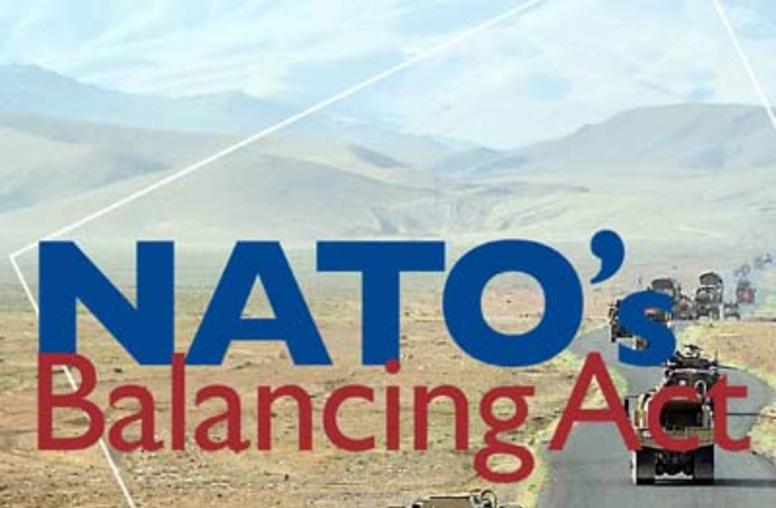
NATO’s Balancing Act
NATO's Balancing Act evaluates the alliance’s performance of its three core tasks—collective defense, crisis management, and cooperative security—and reviews its members’ efforts to achieve the right balance among them. Yost considers NATO's role in the evolving global security environment and its implications for collective defense and crisis management in the Balkans, Afghanistan, Africa, Libya, and elsewhere.
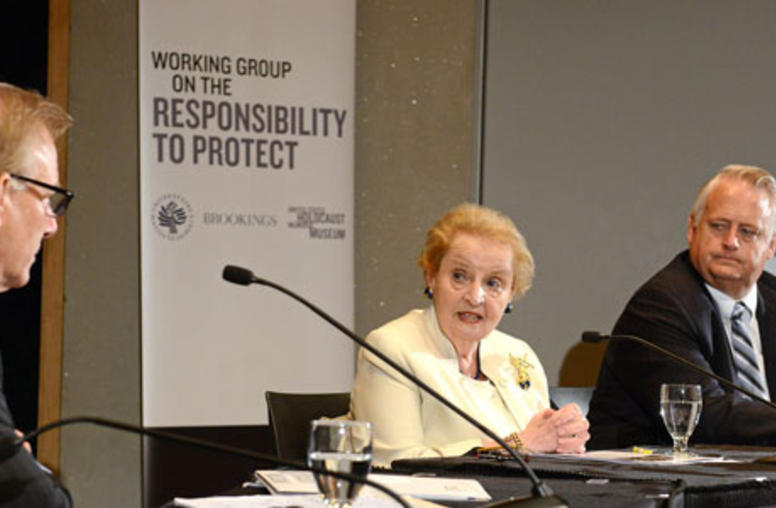
USIP, Partners Release Report on Realizing ‘Responsibility to Protect’
Despite the war-weariness of Americans and political and institutional obstacles, the United States should take the global lead in fulfilling the "Responsibility to Protect," an international norm aimed at protecting civilians from genocide and mass atrocities, two senior U.S. foreign policy figures said July 23 at the release of a report issued by the U.S. Institute of Peace (USIP), the U.S. Holocaust Museum and the Brookings Institution. The Responsibility to Protect principle is generally ...
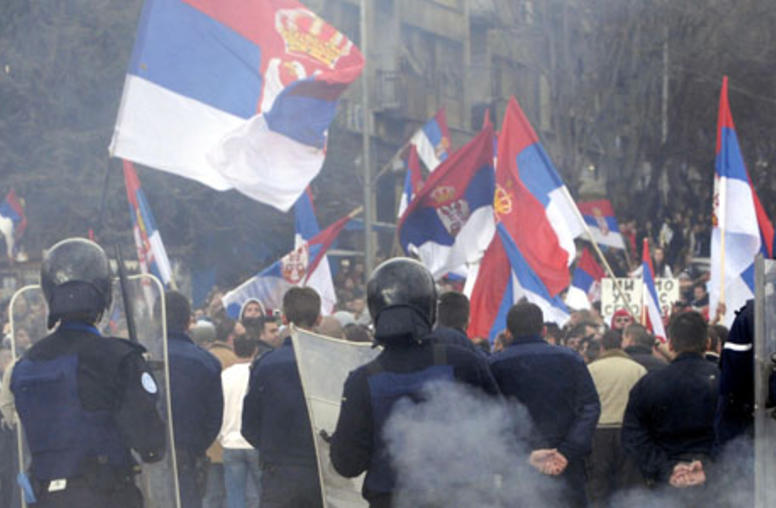
Kosovar Albanian Women Want to See an End to the Divide in Their Communities
A group of eight Kosovar Albanian women visiting the U.S. for six weeks said reconciliation is progressing in parts of Kosovo, and they expressed hope that a historic agreement this year to normalize relations with neighboring Serbia might ease tensions in majority Serb North Kosovska Mitrovica, Leposavić, Zvečan and Zubin Potok.

Where Is the Lone Ranger? Second Edition
Where Is the Lone Ranger? Second Edition examines the evolution of U.S. policy toward peace and stability operations through the prism of U.S. experiences with police and constabulary forces in Bosnia, Kosovo, Iraq, and Afghanistan.
USIP’s Work in Conflict Zones
David Smock, senior vice president for USIP’s Centers of Innovation, outlines some of the more salient points and experiences in the new USIP press publication, “Facilitating Dialogue: USIP’s Work in Conflict Zones.”

Facilitating Dialogue
Facilitating Dialogue presents seven case studies of the United States Institute of Peace’s facilitated dialogue efforts in Iraq, Kosovo, Israel/Palestine, Colombia, Nigeria, and Nepal. Covering a variety of conflict situations and peacemaking efforts—from the tribal reconciliation in Mahmoudiya, Iraq, to a justice and security dialogue in Nepal—the cases tell stories of peacebuilding successes, efforts in progress, limitations on what can be achieved, and lessons learned.

State’s Shapiro, at USIP, Outlines U.S. Policy on Peacekeeping
Calling United Nations and regional peacekeeping a “strategic priority” and a cost-effective way of bolstering U.S. national security, Assistant Secretary of State for Political-Military Affairs Andrew Shapiro laid out U.S. policy for expanding the number and capabilities of peacekeepers deployed to conflict zones before an audience at the United States Institute of Peace (USIP) on February 27.
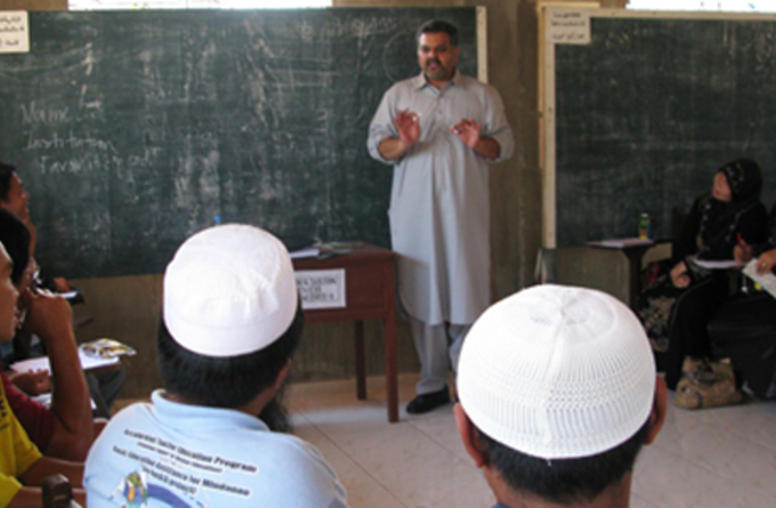
From Nigeria to Iraq: USIP Mediation in Conflicts
In a period of tremendous change in parts of the world, we are asking USIP leaders, from board members to senior staff and experts, to explain the effects that events abroad and here at home will have on the United States, and the contributions the Institute can and does make. David Smock is currently the senior vice president for USIP’s Centers of Innovation.
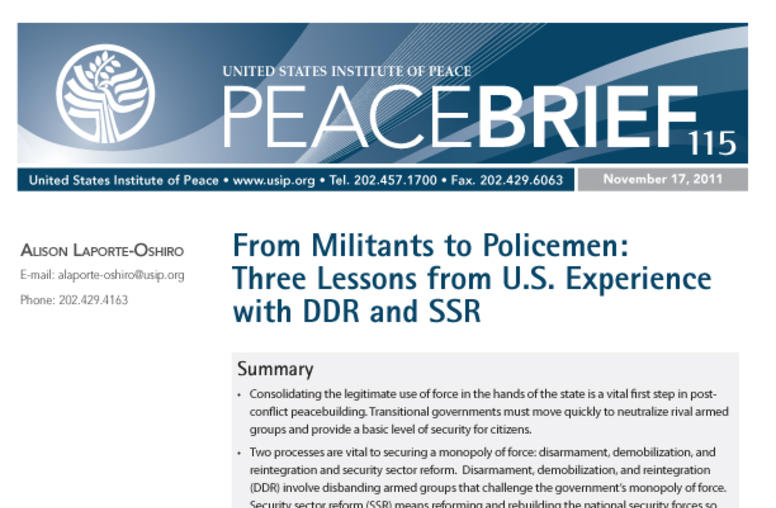
From Militants to Policemen: Three Lessons from U.S. Experience with DDR and SSR
Consolidating the legitimate use of force in the hands of the state is a vital first step in post-conflict peacebuilding. This USIP Peace Brief analyzes two processes that are vital to securing a monopoly of force: disarmament, demobilization, and reintegration (DDR) and security sector reform (SSR).